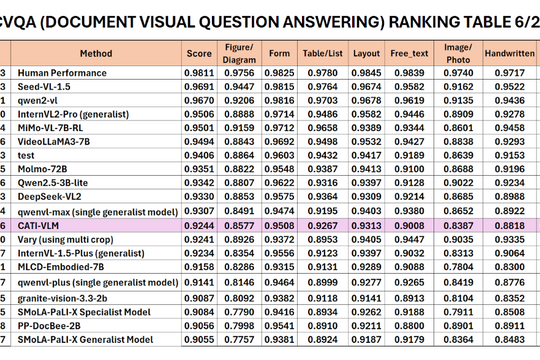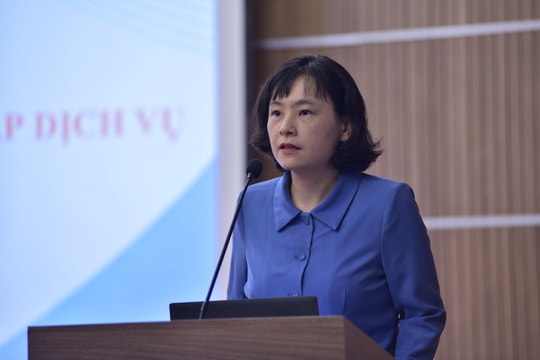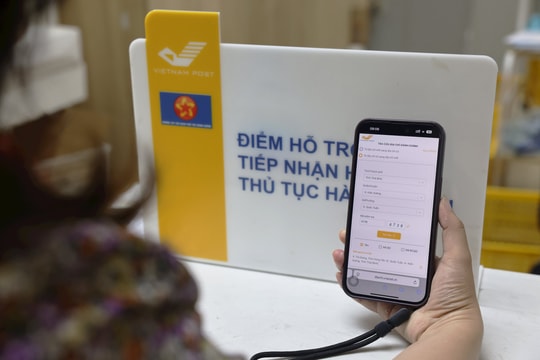COMMUNE-LEVEL DIGITAL TRANSFORMATION: SOLVING DIFFICULT PROBLEMS WITH TECHNOLOGY
On June 3, 2020, the Prime Minister signed a decision approving the "National Digital Transformation Program to 2025, with a vision to 2030". Accordingly, under the vision to 2030, Vietnam will become a digital, stable, and prosperous country, a pioneer in the experiment of new technologies and models; fundamentally and comprehensively renovate the management and administration activities of the Government, the business and production activities of enterprises, the way of living and working of the people, developing a safe and humanistic, ubiquitous digital environment. The commune-level digital transformation, which is associated with new rural development has been identified as one of the priorities in the plan of implementing the digital transformation program of the provinces in the country.
In recent years, the Ministry of Information and Communications has focused heavily on large systems deployed at the central or ministerial or provincial level. In parallel with that, it must continue to deploy to the grassroots levels, namely districts and communes, progressing to build smart communes, smart districts with ubiquitous digital features. According to Minister of Information and Communications Nguyen Manh Hung, each commune has its own "pains" and difficulties, but the "pains" and difficulties can all be solved with technology.
"Commune digital transformation is the most important of all digital transitions because they are directly relevant to the citizens. The more difficult the places are, the more effective the digital transformation is. This year, we will try to pilot the digital transformation of communes to build smart communes. Then the lessons learned will be consolidated in a handbook to share good messages and experiences, helping the Departments of Information and Communications across the country to implement it immediately", confirmed the top leader of the Ministry of Information and Communications.
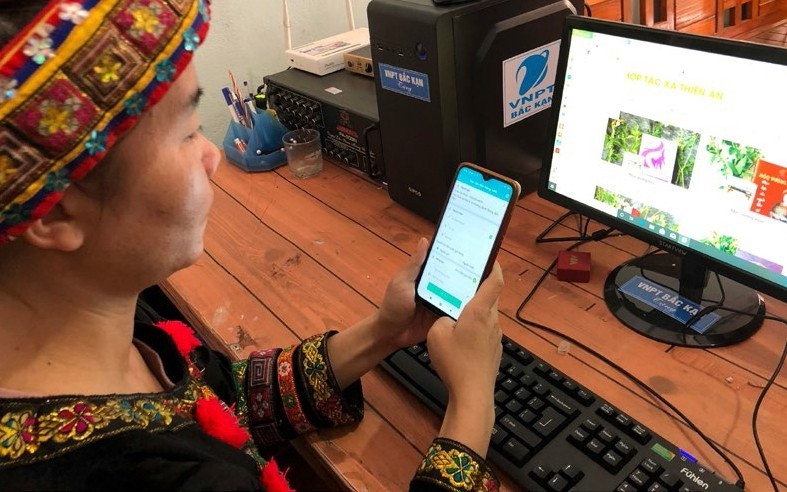
Following the direction of the Minister, the Authority of Information Technology Application under the Ministry of Information and Communications is implementing a pilot digital transformation project in 12 smart communes
nationwide. The selected communes have different characteristics, ranging from rural to mountainous, border to island, from the high level of ICT readiness to the communes without ICT readiness. This pilot implementation will inform a manual to share successful lessons, difficulties, and challenges that need to be overcome.
The goal of building smart communes is to narrow the digital gap between urban and rural areas, promoting IT application and digital transformation in commune authorities to better serve and interact with the people. It also aims at improving digital skills for people to expand opportunities to access digital technology, helping people easily introduce and advertise products and cultural features of the communes in a digital environment.
According to the Authority of Information Technology Application, the stakeholders participating in the smart commune model include commune civil servants, residents, tourists, household businesses, enterprises, and cooperatives.
Components in the smart commune model include:
Smart commune authority: Commune authorities thoroughly apply digital technology to management to improve the working efficiency of the authorities, increasing transparency in commune activities, and to better serve the people in the commune.
Communication with the people: Supporting the change in the way commune authorities communicate and interact with people through digital tools.
E-commerce (e-commerce): Supporting the promotion, marketing, and sales of local products in the online environment.
Tourism: Application of digital technology to promote and attract domestic and foreign tourists to the communes.
Social services: Applying digital technology to provide social services to better serve and support people, helping people feel the transformation in their environment.
Promotion and Branding: Technology application to support advertising, branding, and imaging of the smart commune model. It's also an opportunity for branding of local agricultural products and tourism services in the online environment.
On June 3, 2020, the Prime Minister signed a decision approving the "National Digital Transformation Program to 2025, with a vision to 2030". Accordingly, under the vision to 2030, Vietnam will become a digital, stable, and prosperous country, a pioneer in the experiment of new technologies and models; fundamentally and comprehensively renovate the management and administration activities of the Government, the business and production activities of enterprises, the way of living and working of the people, developing a safe and humanistic, ubiquitous digital environment. The commune-level digital transformation, which is associated with new rural development has been identified as one of the priorities in the plan of implementing the digital transformation program of the provinces in the country.
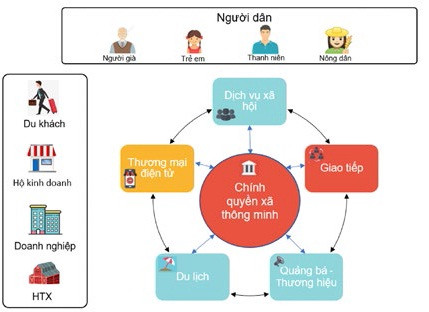
An overall architecture with components of the smart commune model
In recent years, the Ministry of Information and Communications has focused heavily on large systems deployed at the central or ministerial or provincial level. In parallel with that, it must continue to deploy to the grassroots levels, namely districts and communes, progressing to build smart communes, smart districts with ubiquitous digital features. According to Minister of Information and Communications Nguyen Manh Hung, each commune has its own "pains" and difficulties, but the "pains" and difficulties can all be solved with technology.
"Commune digital transformation is the most important of all digital transitions because they are directly relevant to the citizens. The more difficult the places are, the more effective the digital transformation is. This year, we will try to pilot the digital transformation of communes to build smart communes. Then the lessons learned will be consolidated in a handbook to share good messages and experiences, helping the Departments of Information and Communications across the country to implement it immediately", confirmed the top leader of the Ministry of Information and Communications.
Following the direction of the Minister, the Authority of Information Technology Application under the Ministry of Information and Communications is implementing a pilot digital transformation project in 12 smart communes
nationwide. The selected communes have different characteristics, ranging from rural to mountainous, border to island, from the high level of ICT readiness to the communes without ICT readiness. This pilot implementation will inform a manual to share successful lessons, difficulties, and challenges that need to be overcome.
The goal of building smart communes is to narrow the digital gap between urban and rural areas, promoting IT application and digital transformation in commune authorities to better serve and interact with the people. It also aims at improving digital skills for people to expand opportunities to access digital technology, helping people easily introduce and advertise products and cultural features of the communes in a digital environment.
According to the Authority of Information Technology Application, the stakeholders participating in the smart commune model include commune civil servants, residents, tourists, household businesses, enterprises, and cooperatives.
Components in the smart commune model include:
Smart commune authority: Commune authorities thoroughly apply digital technology to management to improve the working efficiency of the authorities, increasing transparency in commune activities, and to better serve the people in the commune.
Communication with the people: Supporting the change in the way commune authorities communicate and interact with people through digital tools.
E-commerce (e-commerce): Supporting the promotion, marketing, and sales of local products in the online environment.
Tourism: Application of digital technology to promote and attract domestic and foreign tourists to the communes.
Social services: Applying digital technology to provide social services to better serve and support people, helping people feel the transformation in their environment.
PromotionandBranding:Technology application to support advertising, branding, and imaging of the smart commune model. It's also an opportunity for branding of local agricultural products and tourism services in the online environment.
INITIAL POSITIVE RESULTS
With these directions, during the short pilot implementation period, two communes of Yen Hoa, in Ninh Binh province and Vi Huong, in Bac Kan province have achieved certain results.
Four main contents to digital transformation of commune in Yen Hoa have been clearly identified, including restructuring digital infrastructure, enhancing information security, restructuring infrastructure for smart government, developing e-commerce, connecting and bringing agricultural products to the trading floors (products from agricultural activities, such as growing vegetables, raising fish, and traditional professions such as construction and knitting), smart radio system, using legacy radio system and artificial intelligence (AI) application to broadcast news and propaganda, and smart healthcare.
In a short time, Yen Hoa commune has achieved quite important results. The commune gradually creates a smart commune model, bringing many benefits to local people. Notably, 1,171 people in Yen Hoa participated in the pilot smart healthcare, with estimated preliminary savings of about VND 40/million month, or VND 480 million/year. Besides, it also reduces the number of patients going to the district/province hospitals, reducing the number of traveling people and other related expenses.
Regarding the results of the application of smart radio, the commune has used the existing radio system, combined with AI technology. Accordingly, the commune staffs develops video or audio propaganda content for daily automatic broadcast. This saves the commune's manpower, and the voice of the news presenters can be changed according to preferences
Meanwhile, the smart commune implementation in Vi Huong commune, an upland commune, located in the north of Bac Kan province, has also had some positive results.
InViHuongcommune,theAuthorityofInformationTechnologyApplication,theDepartmentofInformationandCommunicationsofBacKanprovince,People'sCommitteeofBachThongdistrict,andPeople'sCommitteeofViHuongcommunehavethoroughlyapplieddigitaltechnologyinmanagementandadministrationworkaswellasservingthepeople.Specificactivitiesincludedocumentmanagementsoftwareimplementationwithdigitalsignaturefeaturetoexchangeelectronicdocumentsthroughout4levels. Allcommuneofficialsaregiven accountsand theycanusethesoftwarewell.Financeandaccountingsoftware,assetmanagementsoftware,andpersonnelmanagementsoftwareallrunwell.Theelectronicsingle-doorsystemreceivesdossiersandguidescitizenstousetheprovincialpublicserviceportalforapplicationsthatcanbesubmittedonline.Regardingthee-mailsystem,allcommuneofficials
are provided with accounts and they can use the system fluently.
The program supports the promotion, marketing, and sales of local products in the online environment. Research and identification of specific local agricultural products and handicrafts for promotion, marketing, and sales are also undertaken. They also identify potential customers in the digital environment. Citizens are instructed to create accounts, write articles, take photos, and develop promotional videos about products and services to post on e-commerce trading floors, and on social networks; Safe and reliable electronic payment methods for transactions are also used.
TheprogramhasbuiltAgriconnect-ane-commerceconnectionplatformfortheagriculturalproductsofViHuongCommune.This is afull-fledged foundationtosupportfarmersinputtingtheirproductsindigitalspaceinaquick,simple,andconvenientmanner.Atthesametime,italsosupportseffectiveandreasonableoperationmanagementandbusinessperformancemonitoring.
As a result of the deployment, more than 1,000 products have been introduced on the trading floor and social networks. The commune's agricultural production process is standardized and changed to meet OCOP, VIETGAP, and CGMP standards. The procedures of manufacturing packaging, and selling products is also changed from manual to automatic operations using machines. A QR codes-based product traceability application is also used. Medicines of Dao ethnic products have been licensed for circulation by the Department of Health of Bac Kan province with registration and protection of clear trademarks. All products have QR codes for traceability using blockchain for more frequent quality verification of all stages. The life of the Dao people has been markedly improved with a prior income of VND 1-2 million per month to about VND 3 - 3.5 million per month.
WiththepositiveresultsfromthedeploymentofsmartcommunesinYenHoaandViHuong,arepresentativeoftheAuthorityofInformationTechnologyApplicationsaidthatitwilldrawlessonstoreplicatethemodeltomeetthetargetofcommune-leveldigitaltransformationofapplyingdigitaltechnologytoeverycorneroflifetobettersupportpeople'slivesunderthedirectionofMinisterNguyenManhHung:commune-leveldigitaltransformationmeansdoingspecific things for the people.


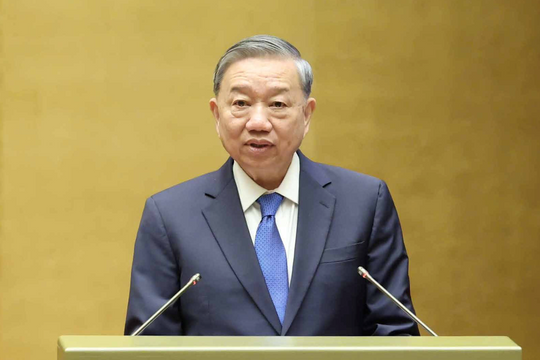


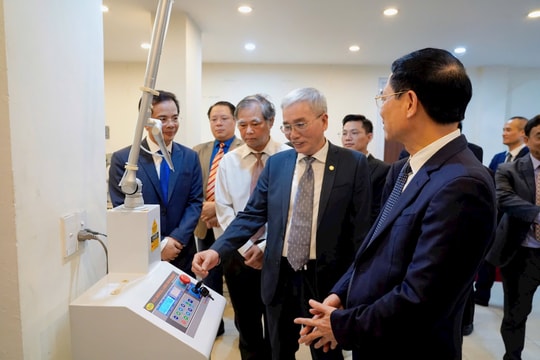





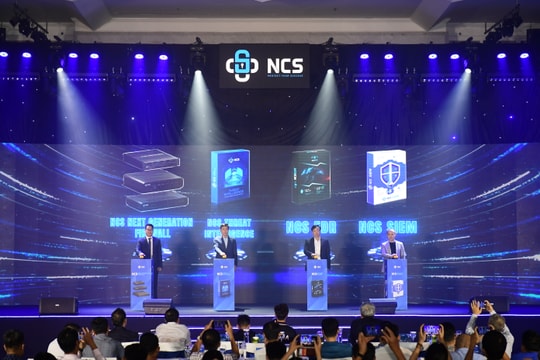
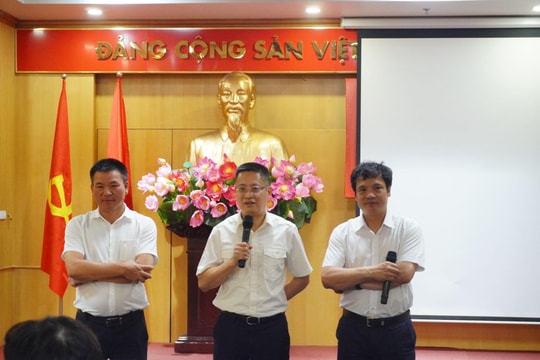

.png)

